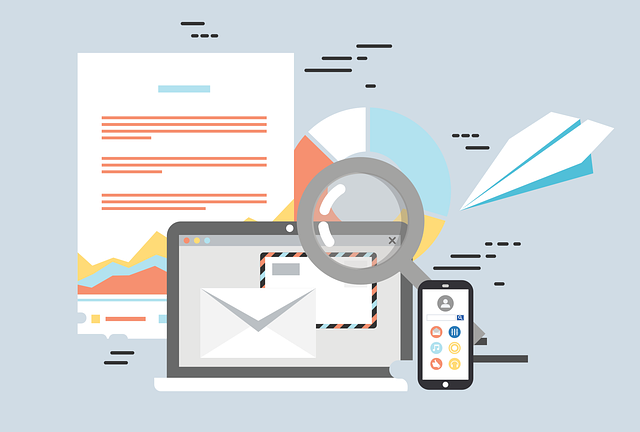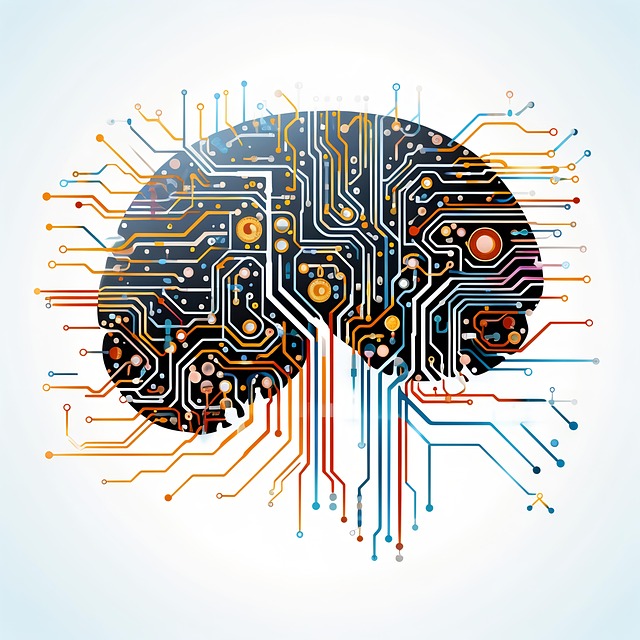AI marketing automation for automotive service centers is transforming customer engagement by leveraging artificial intelligence to personalize campaigns based on behavior, preferences, and vehicle history. Automated algorithms communicate with clients throughout their journey, analyzing data from online activity, social media interactions, and past services to deliver hyper-relevant offers. This innovative approach increases conversion rates, improves satisfaction, fosters repeat business, and builds a loyal client base. Implementing AI requires a strategic focus on CRM, predictive maintenance reminders, and integrating AI-powered chatbots for instant engagement and diagnostic advice. Best practices include adopting a data-driven approach, collaborating with industry experts, and regularly reviewing AI strategies based on performance metrics to stay competitive.
In the rapidly evolving world of automotive service, AI marketing automation is transforming how businesses engage customers. This article delves into the potential of AI for automotive service centers, exploring its applications from streamlining marketing efforts to enhancing operational efficiency. We’ll uncover benefits such as personalized customer experiences, optimized scheduling, and data-driven decisions, providing a comprehensive guide on implementation strategies and best practices for AI marketing automation in this dynamic industry.
- Understanding AI Marketing Automation for Automotive Service Centers
- Benefits and Applications in Automotive Service Operations
- Implementation Strategies and Best Practices
Understanding AI Marketing Automation for Automotive Service Centers

AI marketing automation for automotive service centers is transforming how businesses engage and retain customers. By leveraging artificial intelligence, service centers can personalize marketing campaigns based on customer behavior, preferences, and vehicle history. This enables targeted promotions for specific services, parts, or maintenance packages, increasing the chances of conversion.
Through automated lead nurturing, AI algorithms can communicate with potential clients at every stage of their journey—from initial interest to scheduling an appointment. By analyzing vast amounts of data from online behavior, social media interactions, and past service records, AI marketing automation provides insights into customer needs and preferences, allowing automotive service centers to deliver hyper-relevant offers and enhance overall customer satisfaction.
Benefits and Applications in Automotive Service Operations

AI marketing automation for automotive service centers brings a myriad of benefits, revolutionizing how businesses operate and engage with customers. By leveraging machine learning algorithms, service centers can streamline various processes, from predictive maintenance to personalized customer interactions. This technology enables centers to analyze vast amounts of data, such as vehicle diagnostics and customer preferences, to offer tailored solutions. As a result, AI enhances the efficiency of routine tasks, allowing technicians to focus on complex repairs while providing an improved customer experience.
In automotive service operations, AI applications are versatile. It can automate scheduling, ensuring optimal appointments based on vehicle types and technician availability. Moreover, it facilitates proactive communication with customers, sending timely reminders and personalized offers through automated marketing campaigns. This not only boosts customer satisfaction but also encourages repeat business and fosters a loyal client base. With AI, automotive service centers can stay ahead in a competitive market by offering advanced, data-driven services.
Implementation Strategies and Best Practices

Implementing AI in automotive service centers involves a strategic approach, especially when focusing on marketing automation. Begin by identifying key areas where AI can enhance operations; this might include customer relationship management (CRM) for personalized marketing campaigns and predictive maintenance reminders. Integrate AI-powered chatbots to instantly engage customers, answer queries, and provide initial diagnostic advice, thereby improving customer experience.
Best practices dictate a data-driven approach, ensuring high-quality datasets are used to train AI models accurately. Collaborate with IT specialists and industry experts to choose the right tools and platforms for AI marketing automation. Regularly review and update AI strategies based on performance metrics, staying ahead of evolving customer needs and market trends.
AI marketing automation for automotive service centers represents a powerful tool for enhancing efficiency, personalization, and customer satisfaction. By leveraging these technologies, service centers can streamline operations, optimize scheduling, and provide tailored recommendations, ultimately driving business growth and competitiveness in the digital age. Implementing best practices outlined in this article will enable auto service providers to harness AI’s potential, ensuring they stay ahead of the curve in a rapidly evolving market.
